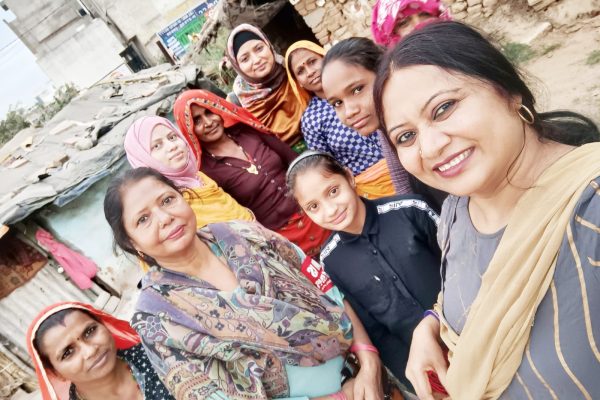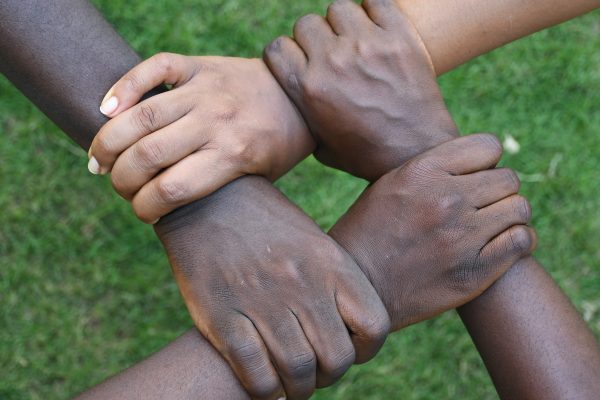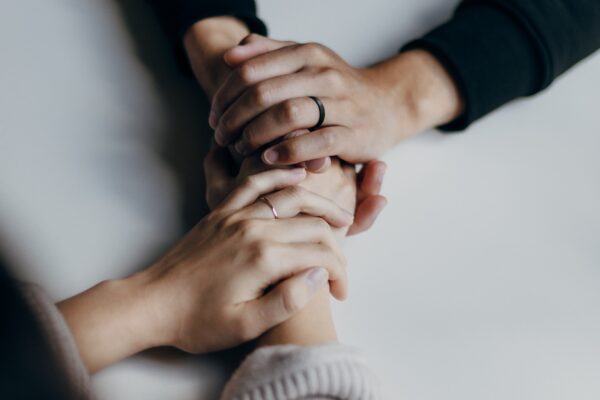Climate change, while endangering the future and health of the planet, also threatens the survival of the world’s most marginalized members. The moment demands that we approach these issues interjectionally, challenging major oppressive systems in our quest to achieve both climate and social justice.
Following in the theoretical footsteps of pioneering scholars and activists like Dr. Ayana Elizabeth Johnson and Leah Thomas, we can see that social justice and climate justice are one in the same. The same exploitative and extractive mechanisms that perpetuate climate change, allow for destructive forces like white supremacy and patriarchy for example, and vice versa— therefore we must take on an intersectional view of these issues and look to work against oppressive systems in general, in order to strive for climate and social justice!
What is climate change anyway?
Yes, humans using fossil fuels is making the earth warmer on average over time… but how exactly? The short science is that burning fossil fuels (coal, oil, and natural gas), as well as many other human activities, such as raising cattle and burying trash, release mass amounts of greenhouse gasses such as carbon dioxide and methane. These gases are called greenhouse gases because they act much like the roof of a greenhouse might: by making the earth warmer. This is due to the fact that these gases are permeable to shortwave (visible) light coming into the atmosphere, and NOT permeable to long-wave (infrared) light which usually bounces off the earth’s surface and moves back into the atmosphere. This phenomenon throws off the energy balance of the planet, and more heat stays in the earth over time, which alters climate patterns, resulting in intensified storms, droughts, and floods. Though as humans we may feel small in comparison to the earth, we are able to make such a measurable difference on the climate because we are emitting carbon that would have otherwise followed a natural cycle of staying in sediment reservoirs (the ground!) for thousands of more years! We are speeding up greenhouse gas cycles in a way that the earth just isn’t equipped to handle. So, we now recognize that we are warming up the earth and digging and building pipelines and power plants that destroy large ecosystems.
How does this tie into the larger dialogue around social justice?
In many ways actually, but I would like to expand on two areas here: poisoning communities and exacerbating harm. Poisonous infrastructure (such as leaky pipelines) and toxic emissions (such as coal power plant byproducts) are situated near indigenous communities and communities of colour at much higher rates than their white counterparts because of racist-colonial redlining, segregation, and forced resettlement. Therefore, communities of colour are much more likely to be exposed to the asthma and cancer-inducing toxins released by power plants. Additionally, in the US Indigenous treaties are regularly broken by the federal government in order to allow pipeline passages to transport oil and natural gas, which means that indigenous communities face the effects of pipeline bursts and fracking sites. Further, people of colour (namely women of colour) globally bear the brunt of the burdens of climate change, in terms of climate evacuation and land-loss, food insecurity, and climate-induced migration, due to lower rates of access to social safety nets that might have otherwise helped them to avoid these issues. Not caring about climate change means disregarding that it exacerbates the social struggles of people all around the world.
So what can we do to make things better?
There are many steps we can take as individuals and as collective communities; one of the first is to support and learn from educators and activists that help us to grow in our understanding of intersectional climate activism. A great community to learn from and support currently in this aspect is the Indigenous- led resistance to Line-3, a movement seeking to prevent the construction of the tar- sands oil pipeline, Line-3, through indigenous lands and sacred sites. The second is to join local climate-activism and social justice groups to advocate for governmental policy change and corporate accountability. One example of collective climate activism is through the Youth Environmental Consumers Alliance (YECA), which aims to hold large textile companies accountable for their catastrophic environmental impacts through group activism.
Finally, we must continue to address all social issues with the compassion and urgency needed to make real change, because climate justice = social justice = climate justice!

Sophia Gustafson is currently a student at Harvard studying Government and EMR (ethnicity migration and human rights). After founding Hope For All inc. in 2008, Sophia founded the Youth Environmental Consumers Alliance in 2019, and continues her social justice advocacy through these organizations as well as Fossil Fuel Divest Harvard, and Project 351.





